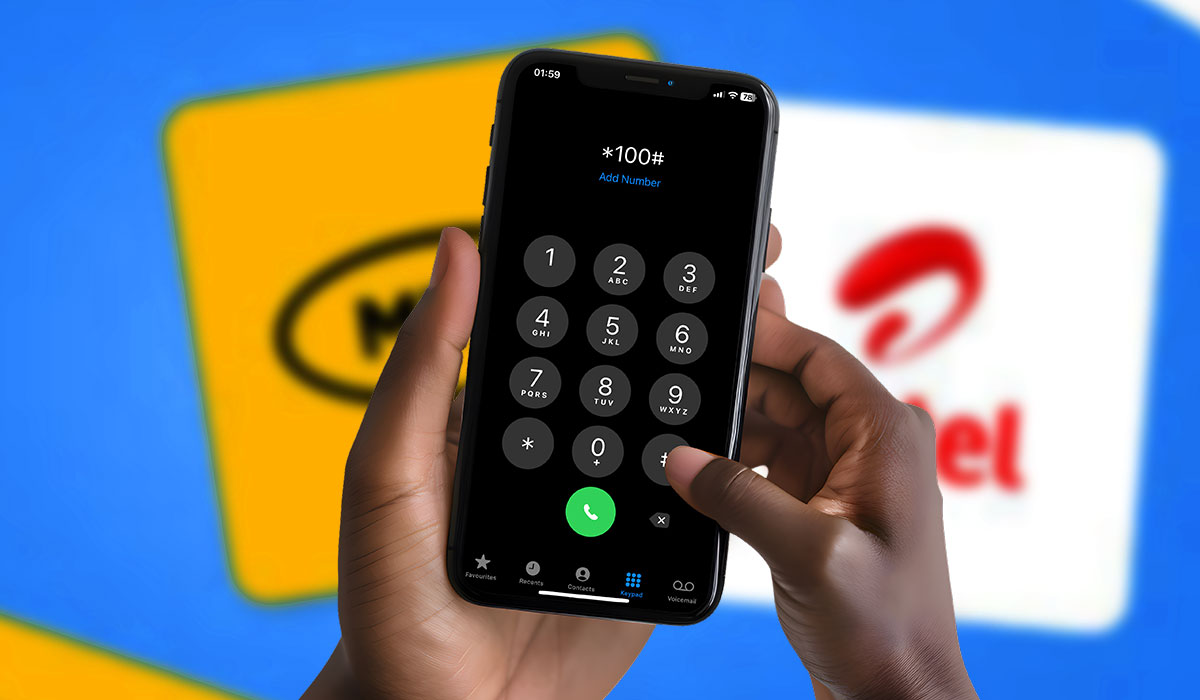
Have you ever wondered why MTN and Airtel Uganda use the same short codes for certain services? It’s a curious detail that reflects a deeper logic within the telecommunications industry. But first, we need to understand what short codes are.
What Are Short Codes?
Short codes are special telephone numbers, significantly shorter than standard phone numbers, used for various services like checking your balance (131#), accessing customer support (100#), or subscribing to different bundles. They are designed to be easy to remember and quick to use, enhancing convenience for mobile users with their short length compared to the usual 10-digit telephone numbers.
Why MTN and Airtel Share Short Codes
One of the primary reasons MTN and Airtel share certain codes is standardisation. In the telecom sector, standardising certain services ensures that users can access essential functions consistently across different networks. This uniformity simplifies the user experience, eliminating the need for customers to memorise different codes for similar actions on each network.
Imagine the confusion if every telecom operator used a completely different set of short codes for common services like checking your balance or contacting customer support. Standardisation eliminates this potential hassle, making it easier for users to switch between networks without needing to learn a whole new set of codes. It is also convenient for persons with multiple SIM cards from different telecom networks.
The Role of Regulatory Bodies
The standardisation of telecommunications is largely influenced by major players, such as regulatory bodies like the Uganda Communications Commission (UCC). The UCC is responsible for regulating the telecommunications sector and may require the use of standardised short codes for specific services to ensure consistency and fairness in the industry. This regulatory oversight ensures that critical services remain accessible to all users, regardless of their chosen network. For example, if the UCC stipulates a common short code for emergency services, both MTN and Airtel would have to comply, ensuring widespread accessibility in crucial situations.
Enhancing User Experience
By adopting shared short codes, MTN and Airtel enhance the overall user experience. Consistency in codes facilitates smoother interactions for customers who frequently switch networks or use multiple SIM cards. For example, the usual *131# for balance inquiries or the 100 for Airtel and MTN Uganda call centre, ensuring that users are effortlessly served across different networks.
This practice isn’t exclusive to Uganda. Globally, you might have realised that in many countries, emergency services can be accessed on either 911 or 112, regardless of the mobile network. This highlights that while the service providers may be different companies, certain services are kept accessible across all networks via a set of standard codes.
In conclusion, the use of similar short codes by MTN Uganda and Airtel Uganda is a reflection of industry standards, regulatory requirements, and a commitment to enhancing the user experience. By simplifying access to essential services, these telecom giants contribute to a more interconnected and user-friendly telecommunications environment that benefits users from all networks. This way, an MTN user can easily adopt the usage of the Airtel SIM card and vice versa.
Related Stories: City vs Village Life in Uganda – Is living in Kampala worth it?
Related Stories: How to Set Up a Professional Music Recording Studio
2 thoughts on “Why MTN and Airtel Uganda Use the Same Short Codes?”
I truly enjoyed reading this article
Pingback: Top 5 Digital Payment Systems in Uganda - Nymy Net